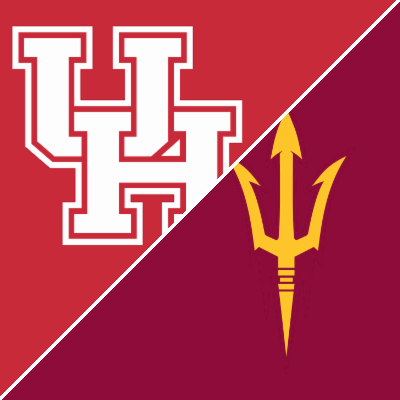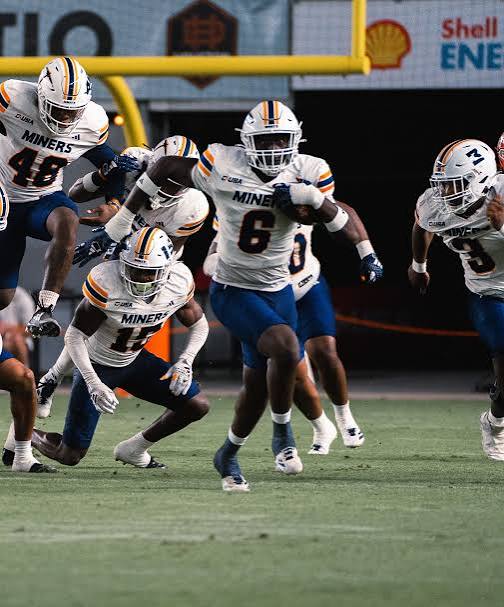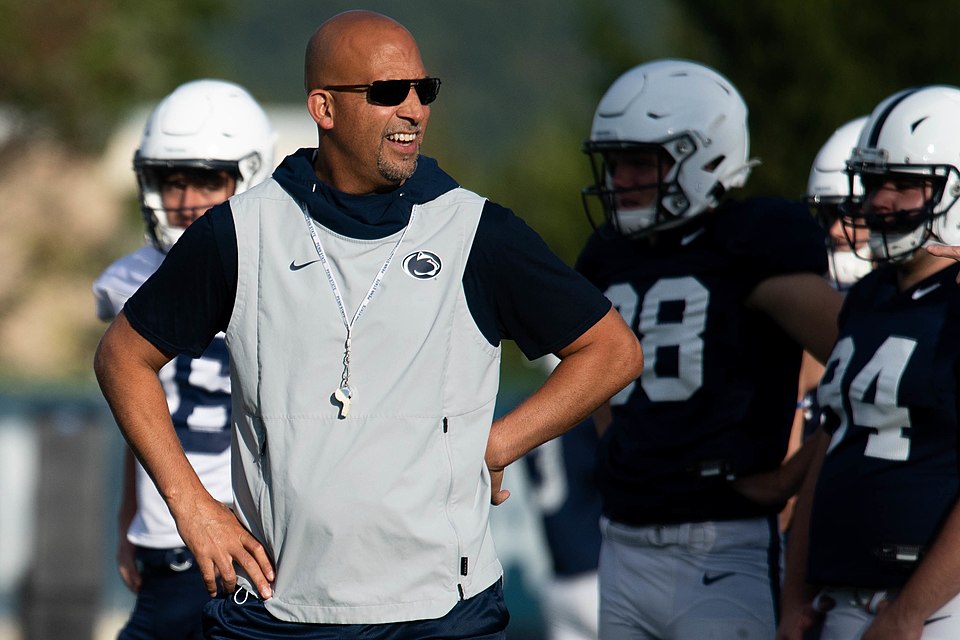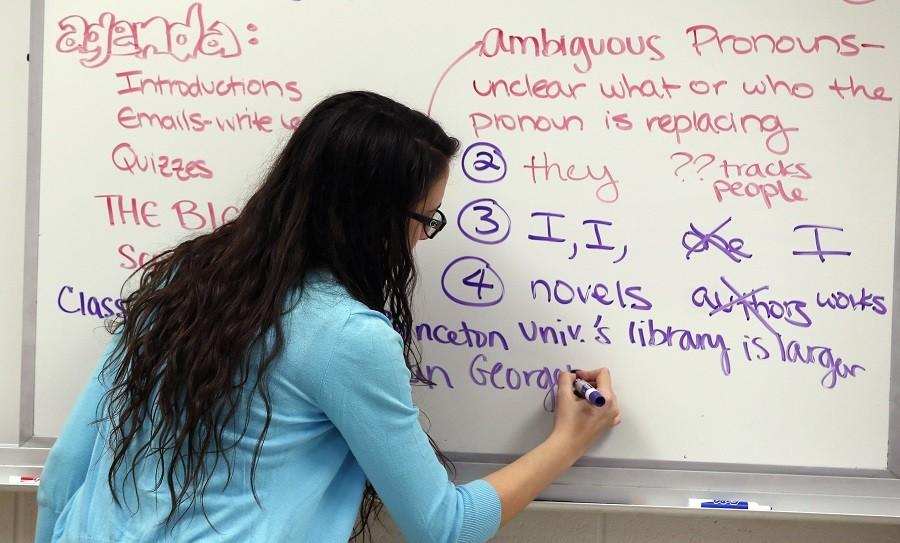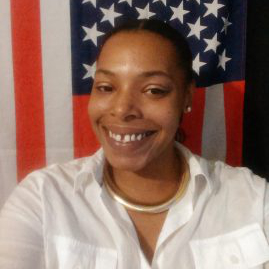Preparing students for college
Katerina Maylock, writes on the board as she teaches a college test preparation class. (AP Photo/Alex Brandon)
January 28, 2016
The adoption of Common Core standards have been successfully implemented in 45 states in the U.S. The standards focus on English language arts and math, which are skill sets students use in other subjects.
These standards are seen as crucial to the future success of students across the U.S., education standards varied so widely between states that high school diplomas had lost all meaning as nearly 40 percent of college freshmen are required to take remedial classes.
At the Gates Educational Forum in Seattle, Washington, the Gates Foundation pledged their support for the rigorous clear standards as critical to better student results.
The Bill and Melinda Gates Foundation is committed to ensuring all students in the U.S. have the opportunity to receive a high quality education.
Their goal is to support innovation that can improve U.S. K-12 public schools to ensure that all students graduate from high school prepared to succeed in college.
The foundation has two programs which work together to achieve this goal, the College Ready Education Program and the Post-Secondary Success program; which aims to dramatically increase the number of young people who obtain a post-secondary degree or certificate with labor market value.
This article will focus on the College Ready Education Program.
It is almost impossible to discuss the Gates’ vital impact on education without going back to the 1990s and acknowledging one of their first educational endeavors. The launch of the Gates Library Foundation in 1996 allowed U.S. public libraries to provide free internet access. The foundation, which is now led by Patty Stonesifer, was built on the belief that drove both Bill and Melinda’s professional careers at Microsoft: the power that personal computing could provide everyone everywhere.
Since this major milestone, the foundation has continued to explore new ways to innovate education through all phases of learning. The foundation describes programs focused towards their investments as having a common goal, “to strengthen the connection between teachers and students.”
In order to align their goals, the foundation invited educators, policy makers, students and parents to the U.S. Education Learning Forum to expand and accelerate successful programs and identify innovative solutions that could unlock students potential.
Another one of the key areas of focus at the October forum was valuing and supporting great teaching. Forum speakers touched on a research study program called the Measures of Effective Teaching.
This study helped the foundation better understand what great teaching looks like, and the types of measures that can provide a fair assessment of teaching directed at helping every teacher do their best.
Educator William Anderson spoke on the impact that exposing his students to a higher degree of learning had on him as a teacher, “It’s great to be able to expose students to a world they never knew existed.”
Although there are skeptics to the study, two-thirds of American teachers feel that traditional evaluations don’t accurately capture the full picture of what they do in the classroom.
Educators who agree with the measures cite their need for information they can trust from measures that are fair and reliable.
In addressing concerns about the study, Gates stated, “Every teacher has the right to ask of evaluations: Is this designed to help me get better?”
—
Editor’s Note:
The Egalitarian’s Jimmieka Mills was selected by the advocacy group Young Invincibles to report on the Gates Learning Forum Oct. 6-8 in Seattle, Washington.









